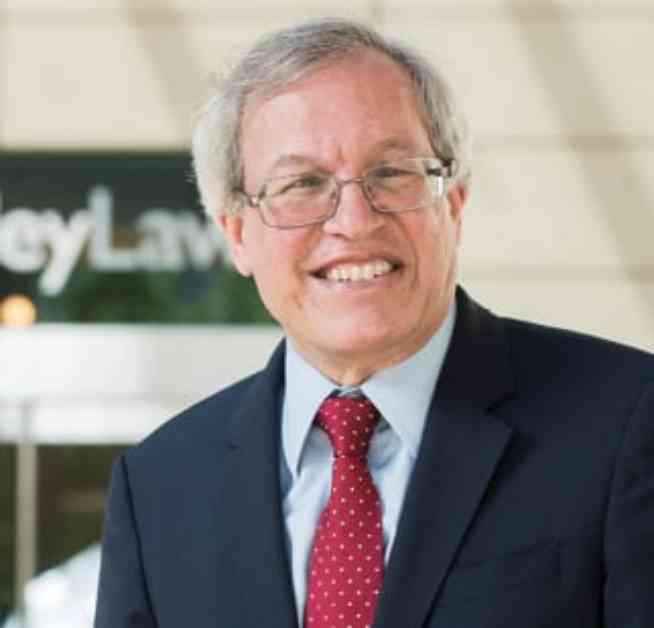Constitutional Reforms and Supreme Court Term Limits for Saving American Democracy
The foundation of American democracy is facing unprecedented challenges, with many experts warning of the imminent dangers that threaten the very core of the nation. While no form of government is immune to the forces that have toppled democracies in other countries, the United States finds itself at a critical juncture where constitutional reforms and Supreme Court term limits are essential for safeguarding the principles of democracy.
The erosion of public trust in American institutions has reached alarming levels, as evidenced by the Pew Research Center’s findings that only 20% of Americans have confidence in the government. A mere 4% believe that the political system is functioning effectively, with younger generations expressing growing disillusionment with democracy. The polarization of the country has deepened, making it increasingly difficult for the government to address pressing issues such as climate change and income inequality.
The roots of these challenges can be traced back to the Constitution itself, which was designed by the framers with a level of distrust for direct democracy. The Electoral College, intended to empower elites to choose the president, has now become a mechanism that can override the popular vote, as seen in recent elections. The Senate, with its equal representation for each state, has also become a source of imbalance, with the 50 Democratic senators representing millions more people than their Republican counterparts.
Moreover, changes in Senate rules in the 1970s have made it easier for minority factions to block legislation through filibusters, further impeding the government’s ability to enact meaningful reforms. The Supreme Court, through controversial rulings such as Citizens United v. Federal Election Commission and Shelby County v. Holder, has exacerbated the challenges to democracy by allowing unlimited corporate spending in elections and striking down key provisions of the Voting Rights Act.
The issue of partisan gerrymandering, where political parties manipulate electoral districts for their advantage, has also undermined the democratic process. The Supreme Court’s decision in Rucho v. Common Cause further hampered efforts to address this practice, leaving the House of Representatives, which was meant to represent the people, vulnerable to manipulation.
In the face of these threats, it is imperative to consider constitutional reforms to restore the balance of power and strengthen democracy. While amending the Constitution is a daunting task, it is not impossible, and there have been times in history when amendments were more common. One potential reform is the imposition of term limits for Supreme Court justices, a measure that has garnered bipartisan support and could help mitigate the concentration of power in the hands of a few individuals.
Additionally, reforms such as ending partisan gerrymandering, protecting voting rights, and increasing the size of the House of Representatives are all essential steps towards building a more inclusive and representative democracy. While these changes may require significant political will and effort, the alternative of inaction poses a far greater risk to the future of the country.
Looking ahead, the prospect of drafting a new Constitution to address the challenges of the 21st century should not be dismissed. The current document, drafted over two centuries ago, may no longer be adequate to govern a modern, diverse nation. While the idea of a new Constitution may seem daunting in the current political climate, history has shown that transformative change is possible even in times of great division.
In conclusion, the threats facing American democracy are real and urgent, but they are not insurmountable. By embracing meaningful reforms, including constitutional amendments and Supreme Court term limits, we can ensure that the principles of democracy endure for generations to come. The time for action is now, and the future of American democracy depends on our ability to rise to the challenge and safeguard the values that define our nation.















